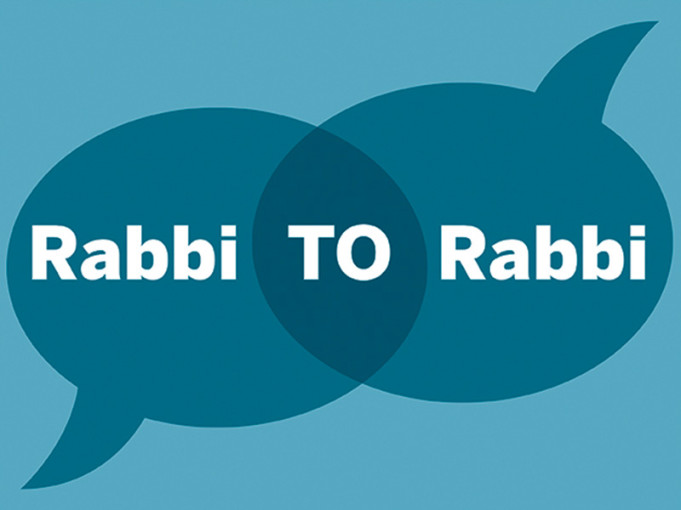Rabbi Splansky: The Passover haggadah declares, “Let all who are hungry come and eat!” One way to interpret this text is that no seder table is complete without a guest or two – or four. It isn’t too late to add to your guest list. Is there someone without family in town? Someone down on her luck? Someone who is new to the community? A non-Jewish neighbour or colleague who is curious about Jewish practice?
If, on the other hand, you are looking to be hosted, please tell your rabbi, who can make a good match with good people who would be honoured to welcome you to their table.
Rabbi Fishman: We begin the seder by making Kiddush over a cup of wine or grape juice. Contained within this blessing is one of the central themes of Jewish identity, in which we describe God as the one “who has chosen us from all the nations.” Chosen-ness has not always been to our benefit, and yet, the concept of being God’s chosen nation has never been an arrogant claim or positioning of racial superiority. Instead, it is a call to show the rest of humanity that we are all created in the image of God.
Our tradition challenges us to see our role and identity as specific and singular among the nations. We are called upon both to fulfil our private covenant with God and to offer an example of universal humanity.
Rabbi Splansky: That’s no small task! And since it’s hard for anyone of any age to be locked into a narrow chair for hours, here’s a suggestion: if you have the space, begin the seder in the living room, where everyone can be comfortable. The kids can help pass the ingredients for all the rituals (as well as some finger food to keep people from getting hungry).
Lounging on couches while studying sacred texts, feasting and singing is exactly what our sages had in mind for the seder, a celebration of freedom. After that, you can enjoy the meal and the conclusion of the seder at the dining table. Your guests will thank you for it, especially the young and the aged.
Rabbi Fishman: Good idea to get comfortable, especially as we prepare for the Four Questions. Have you ever wondered why there is no direct answer to those questions in the haggadah text? The more I think about it, perhaps that’s done on purpose.
Imagine if there was an answer, one singular approach to all of the profundities of our questions. Would that satisfy us? Would you feel intellectually content? At a time when our politics is so divided, perhaps we should find the space to allow for dissent. Maybe this seder we can look at other people’s points of view.
Rabbi Splansky: The key to a successful seder is to make it relevant, to spark conversation and give everyone a chance to reflect on the power of the words. Be creative. You can even hand out assignments in advance so everyone comes prepared with something to discuss. There are plenty of ways to tie the seder to current events – karpas could spur a conversation about global warming, maggid leads us to consider our own family stories of migration, zeroa reminds us of today’s refugees, beitzah about mass incarceration, while makat bekhorot can be a jumping-off point to talk about gun control.
When it comes time for Hallel, ask everyone to share one thing they are grateful for this year. Before singing “Next Year in Jerusalem,” share memories of Israel. Weave yourselves into the lines of the haggadah. Write your lives into the history of the Jewish people.
Rabbi Fishman: And then there is Dayenu. I think there is a profound message in a beloved song whose repeated mantra is “Enough!” This Pesach, as you sit down for the seder, look at your blessings. Look at your family, your health, your career. Sure we could all want more – and absolutely there are those struggling without – but for so many, we truly have enough.
If we can be honest with ourselves this Pesach, Dayenu.
